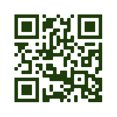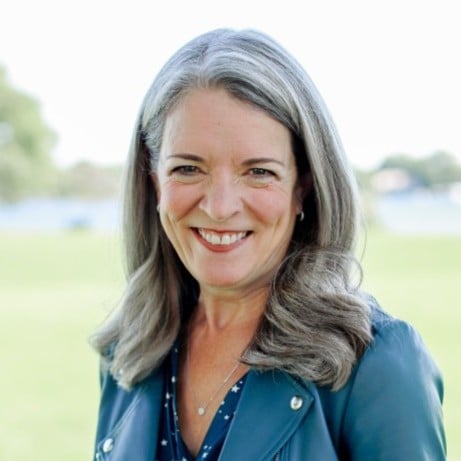
Or Listen on your Favorite Platform:
Managing Polarities [Re-Broadcast]
Episode #29 of the Third Turn Podcast with a re-broadcast from Phil Bergey.
The world we live and lead in today has no shortage of problems and polarities on numerous fronts--culturally, organizationally, strategically, and relationally, just to name a few. And certainly, as leaders, a key part of our role is to help our organizations (as well as ourselves!) manage and navigate problems and polarities productively.
But are we insightful and objective enough to distinguish between the two?
In this episode we feature a rebroadcast of colleague Phil Bergey’s “Leadership Meets Life” podcast (Episode #2) on this important topic--identifying and managing polarities. Phil shares these foundational descriptions, courtesy of authors Kelly Lewis and Brian Emerson:
Problem = A question or puzzle that needs to be solved.
Paradox = A situation in which two interdependent and seemingly contradictory states [or positions] must be maintained for success over time.
There are the classic, age-old paradoxes. Sales and marketing. Leadership and management. Fontline and corporate. And in this digital era, there are strategic paradoxes to navigate. High-touch service with operational efficiency. Automated offerings alongside in-person delivery. And, of course, the new, now in-office versus remote work realities.
In fact, Phil shares an HBR article entitled Six Leadership Paradoxes for the Post-Pandemic Era which asserts that our organizations and teams will be better served by leaders who themselves are proficient across a wide range of paradoxical characteristics:
- Strategic executors
- Humble heroes
- Tech-savvy humanists
- Traditional innovators
- High-integrity politicians, and
- Global-minded localists.
So how in the world can all this be accommodated and integrated within us, let alone around us? Well first, please take a listen. Phil’s shares helpful, real-world examples and insights.
And what else?
- Phil’s followup “Polarities: Opposites or Partners?” blog post builds on the themes. Key points he unpacks:
- “Suffering paradox”--attitudes like preferencing, attaching, othering, and either/or-ing lead to a downward spiral and inferior results.
- “Navigating paradox”--actions like mapping, divining, synergizing, and both/and-ing can help us use integrative thinking to lead transformation.
- The Third Way or Vulnerability Through-way--these describe the kind of breakthrough thinking that can emerge when a person or group hold together, in dynamic tension, both poles in a polarity; and wait for a creative, more integrative way to emerge.
- Two other resources provide helpful insights and resources:
- Navigating Polarities: Using Both/And Thinking to Lead Transformation, a book by Brian Emerson and Kelly Lewis.
- Can You Master the Inner Game of Leadership? - an article by Adam Bryant and Kevin Sharer
And three other very practical real-world strategies we discuss here:
- Just breathe. In the heat of the moment or conflict, this is first and foremost! Breathing itself is one of life’s great paradox examples. (Check out this visual diagram courtesy of authors Brian Emerson and Kelly Lewis.) AND breathing activates more creative, collaborative thinking when conflict and confusion would otherwise steal our mental energy. Mark pointed out how the act of simply breathing is a physiological first step for us, for what we then hope to bring to our organization or teams as a next step.
- Act and reflect. This too is a paradox (they’re everywhere!) The space and time to reflect as leaders yields insights, awareness, and greater objectivity that would otherwise get missed.
- Polarity Navigator Tool - authors Emerson and Lewis also share this really helpful 1-pager for mapping polarities and watching for the integrative Third Way.
Navigating polarities is important, even critical work for us as Third Turn leaders. And thankfully, our brains can become better equipped for this more integrative, higher order thinking over time. Which is why, in large part, we find ourselves caring deeply about the both/and of now and not-yet, present and future generations, and actions today that help contribute to a thriving future beyond ourselves.


With each episode of the Third Turn Podcast we host a conversation among leaders who want the world to flourish for generations beyond their lifetimes.
Listening with others in some way and enjoying in-depth conversations of your own as you reflect and choose what you would do the same or differently is a plus!
We always welcome you sharing these podcasts with others as well as sending along any suggestions for making these podcasts better.
The Third Turn Podcast is part of the Maestro-level leaders initiative, a production of Design Group International. Strategically Connected's Jennifer Miller is the producer.
Discover more about The Third Turn Podcast:
Tags:
organizational problem solving, leadership legacy, polarity management, Managing Change, leadership transition, change, Maestro-level Leaders, The Third Turn, Maestro, Future Value, leadership culture
September 14, 2021
Comments